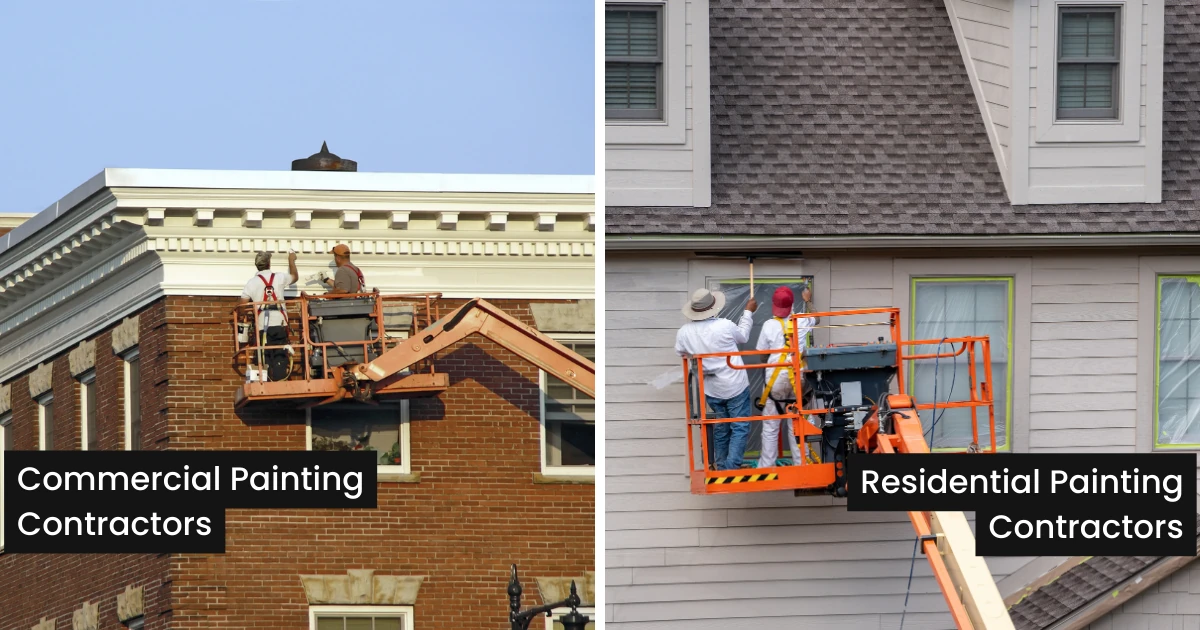Are you planning to paint your home's interior? Painting your home is an excellent way to give it a fresh look. However, it often comes with some health hazards, especially if you're not careful. One of the most significant health risks of house painting is inhaling paint fumes. Inhaling paint fumes can cause respiratory problems, headaches, and dizziness. That's why taking precautions before and after painting your home is essential.
This article will discuss the dangers of inhaling paint fumes, precautions to take before and after painting your home, tips for reducing paint fumes, and alternative options for sleeping in a newly painted room.
The Dangers of Inhaling Paint Fumes
When you paint your home, you expose yourself to potentially harmful chemicals. The fumes produced during the painting process contain volatile organic compounds (VOCs), which can cause various adverse health effects. According to the United States Environmental Protection Agency (EPA), exposure to VOCs can cause eye, nose, and throat irritation, headaches, nausea, and even damage to the liver, kidneys, and central nervous system. VOCs are especially dangerous for people with asthma, allergies, or other respiratory conditions.
Precautions to Take Before and After Painting Your Home
The best way to avoid the dangers of inhaling paint fumes is to take precautions before and after painting your home. Here are some of the precautions you should take:
- Ventilate your home: Ensure that your home is well-ventilated during and after the painting process. Open windows and doors and use fans to circulate fresh air.
- Wear protective gear: Wear a mask, gloves, and protective clothing to avoid direct contact with the paint and fumes.
- Choose low-VOC paint: Use low-VOC or zero-VOC paint, which contains fewer harmful chemicals and is eco-friendly.
- Hire a professional painting company: If you're not confident about painting your home, consider hiring a professional painting contractor. Professional interior painters have the necessary skills and equipment to paint your home safely and efficiently.
Tips to Reduce Paint Fumes
Even if you take all the necessary precautions, some paint fumes will still be present after painting your home. Here are some tips to reduce paint fumes:
- Use an air purifier: An air purifier can help filter out harmful chemicals and fumes.
- Use baking soda: Baking soda is an excellent natural deodorizer—place bowls of baking soda around the room to absorb any lingering paint fumes.
- Leave the windows open: Leave the windows open for at least 24 hours after painting your home to allow fresh air to circulate.
Alternative Options to Sleeping in a Newly Painted Room

Ideally, you should avoid sleeping in a newly painted room for at least 24 to 48 hours. If that's not possible, here are some alternative options:
- Sleep in another room: If you have a spare room, consider sleeping there for a few nights until the paint fumes dissipate.
- Use a fan: Use a fan to circulate fresh air into the room and reduce the concentration of paint fumes.
- Use an air purifier: Use an air purifier to filter out harmful chemicals and fumes from the air.
Conclusion
Painting your home is an excellent way to give it a fresh look. However, it's essential to take precautions to avoid inhaling paint fumes. Ventilate your home, wear protective gear, choose low-VOC paint, and hire a professional painting company to ensure your safety. Also, use an air purifier, open windows, and use baking soda to reduce paint fumes. Avoid sleeping in a newly painted room for at least 24 to 48 hours if possible. Taking these precautions allows you to enjoy a beautifully painted home without compromising your health.
FAQs
How long should you wait to sleep in a painted room?
It’s best to wait at least 24 hours before sleeping in a freshly painted room. This allows paint fumes to dissipate and ensures proper drying. With good ventilation and low-VOC paints, the waiting time can be shorter, but the air should smell fresh before use.
How long does paint need to dry before sleeping?
Most paints dry to the touch within a few hours, but full curing takes longer. For safety, wait a minimum of 24 hours before sleeping in the room. Oil-based paints or poor ventilation may require 2–3 days for fumes to clear.
Can you stay in your house while it's being painted?
Yes, you can stay in your house during painting if work is limited to certain rooms and areas are well-ventilated. However, avoid sleeping or spending extended time in freshly painted rooms until odors have fully dissipated.
Can I sleep in my room after it has been painted?
You should avoid sleeping in a freshly painted room the same day it’s painted. Even with fast-drying, low-VOC paints, strong fumes may linger. Ensure proper airflow with open windows or fans, and wait at least overnight before use.
How long are paint fumes harmful?
Paint fumes can be harmful for several hours to a few days, depending on paint type and ventilation. Oil-based paints release VOCs longer, while low-VOC paints dissipate faster. Always air out the space thoroughly before sleeping inside.
Does using low-VOC paint make it safe to sleep in a room sooner?
Yes. Low-VOC or zero-VOC paints release fewer harmful chemicals, allowing for faster occupancy. In many cases, with good ventilation, it may be safe to re-enter within a few hours, though overnight waiting is still recommended.
Does an air purifier help with paint fumes?
Yes. An air purifier with a HEPA and activated carbon filter can reduce VOCs and odors, speeding up air quality improvement. Use it alongside natural ventilation (open windows and fans) for best results.
What are the health risks of sleeping in a newly painted room?
Sleeping in a room with lingering paint fumes can cause headaches, dizziness, nausea, or respiratory irritation. Children, pregnant women, and people with asthma are especially sensitive. Waiting until fumes are gone ensures a safe and healthy environment.



.svg%20fill.svg)






